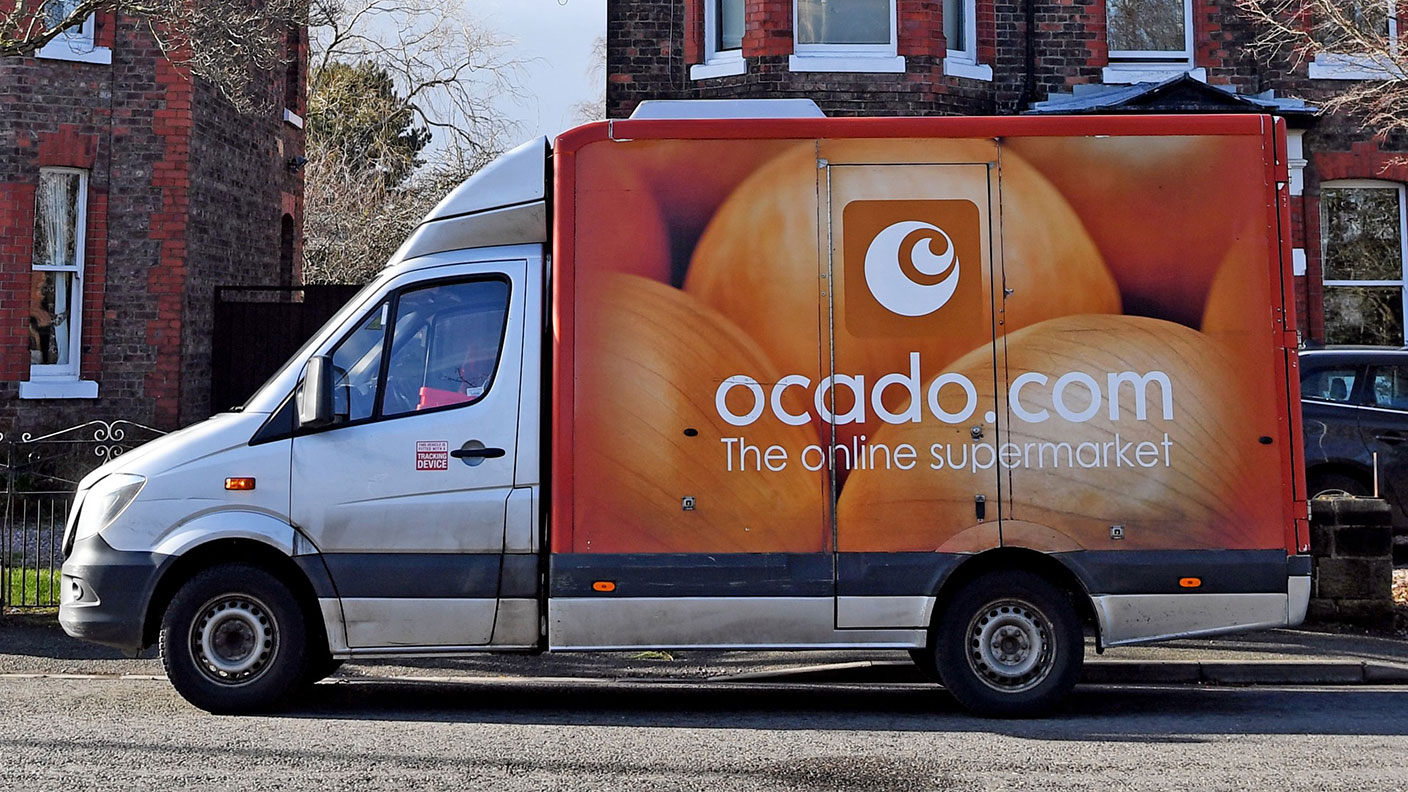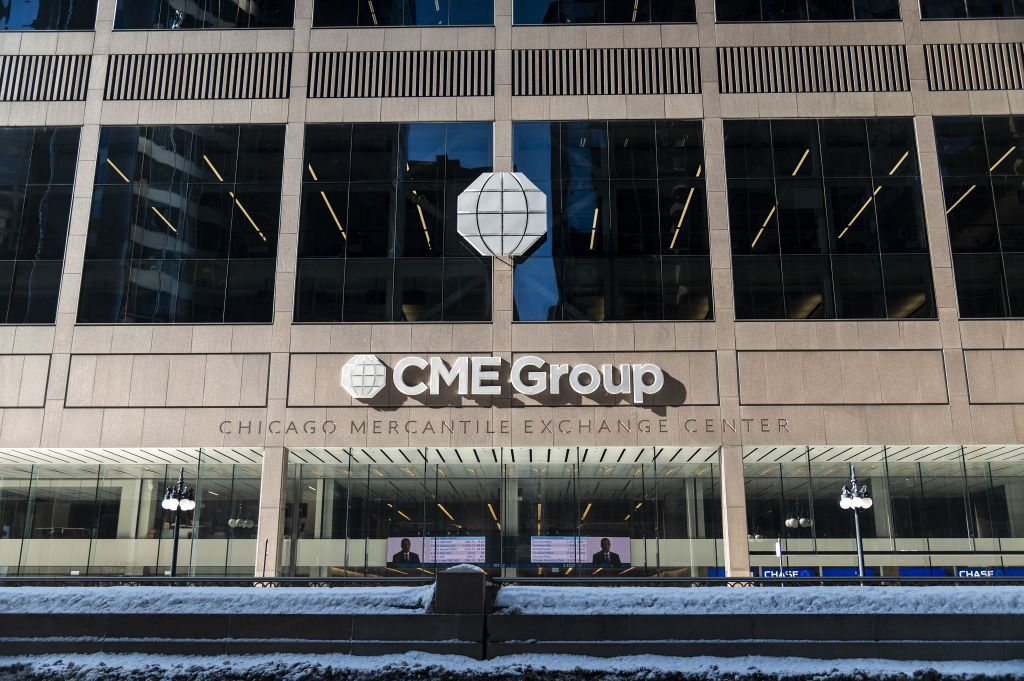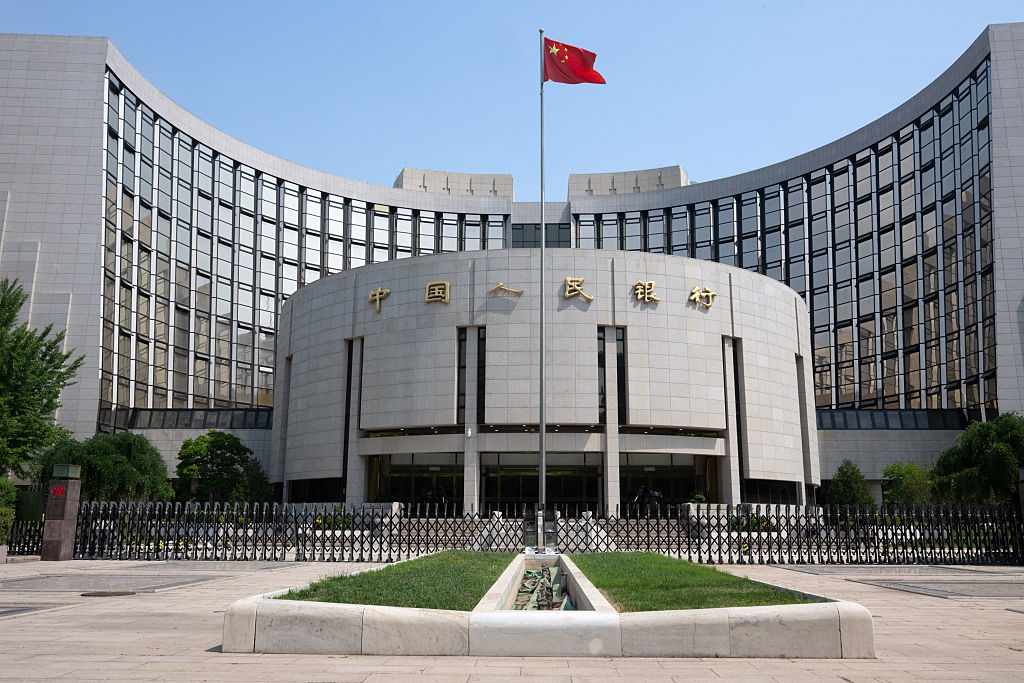Ocado won’t deliver for investors: here's how to play it
Sales are surging at online grocer Ocado, but consistent profitability has proved elusive. The share price is heading for a fall, says Matthew Partridge.


Get the latest financial news, insights and expert analysis from our award-winning MoneyWeek team, to help you understand what really matters when it comes to your finances.
You are now subscribed
Your newsletter sign-up was successful
Want to add more newsletters?
One of the big winners from the restrictions induced by the pandemic has been the online food-delivery firm Ocado Group (LSE: OCDO). Faced with long queues outside supermarkets, people switched to shopping online. As a result, Ocado’s sales surged by 43.7% during the six months to 6 October and at one stage the group’s market value had more than doubled from its level at the start of this year, briefly eclipsing Tesco as the most valuable retailer in the UK. Even today it is up by 75% year-to-date. Despite this, I think it is heading for a fall.
The first problem with Ocado is that it is not very good at actually making money. It last turned a profit in 2016 and is forecast to increase its losses in 2021; analysts suggest that it may be 2024 before it starts generating cash. While part of this is due to spending on overseas expansion, if it can’t make money during conditions that are ideally suited to an online retailer, one has to wonder when it will. By contrast, traditional supermarkets such as J Sainsbury and Wm Morrison have still been able to make money this year, despite the extra costs associated with Covid-19. Tesco’s profits have risen.
What’s more, while the crisis has strongly boosted online shopping in the UK, this has only encouraged the large supermarkets to invest money and resources developing their online delivery arms, which benefit from the fact that they can select goods from their extensive network of supermarkets. As a result, despite its surge in sales, Ocado has lost market share in the online delivery sector this year. The entry of Amazon into online delivery, in the form of Amazon Fresh, which is already available in certain parts of the UK, is another competitive threat that could not only erode market share further, but also drive down margins, making it even harder for Ocado to turn a consistent profit.
Try 6 free issues of MoneyWeek today
Get unparalleled financial insight, analysis and expert opinion you can profit from.

Sign up to Money Morning
Don't miss the latest investment and personal finances news, market analysis, plus money-saving tips with our free twice-daily newsletter
Don't miss the latest investment and personal finances news, market analysis, plus money-saving tips with our free twice-daily newsletter
A tech bet
With the core operations unprofitable, Ocado is now pinning its hopes on being able to sell its delivery technology to supermarkets around the world in exchange for royalties. But agreeing deals has proved a protracted process and their potential profitability is uncertain, especially as they involve large upfront investment in warehouses. Nor is Ocado the only technology company in this field. It is also being sued in the US over possible patent infringement. Viewed in this context, Ocado’s valuation of 5.9 times 2021 sales seems extremely high.
With the shares down by 15% from their peak at the end of September, the market seems to be tiring of Ocado, so this is a good time to short the company at the current price of 2,259p, at £1 per 1p. Given the risks associated with shorting tech stocks, I suggest that you cover your position if it goes above 3,159p, giving you a total downside of £900.
Trading techniques: how debt affects stocks
Analysts are divided about the impact of issuing debt on a company’s share price. Some argue that it should have no effect, as while it makes the shares riskier, it also increases the potential returns.
Others think that the favourable tax treatment of debt (with interest payments at least partially offset against taxes) means that increased leverage should boost share prices.
Finally, there are those who claim that taking on more debt should be negative since it can be a sign that a company’s management is unable to use its existing resources effectively.
However, most studies suggest that issuing more debt has no impact on a firm’s stock, at least in the short term. A 1991 study by Dartmouth College covering 297 US debt offerings between 1980 and 1984, found that they had a statistically insignificant impact of -0.27% on share prices in the days following the announcement.
A more recent analysis by the University of Wisconsin in 1996, which examined 164 US bond issues in 1995, also found no statistically significant effect.
But this rule does not apply to companies that issue convertible bonds. As these bonds can be converted into shares if a company’s share price rises above a certain point, diluting existing shareholders, the market reacts negatively.
A 2012 study led by Eric Duca of Colegio Universitario de Estudios Financieros found that between 1984 and 1999 US companies that issued convertible bonds saw their share price fall by 1.7% when the issue was announced. Between 2000 and 2008, the reaction was more negative: the share price fell by an average of 4.6%.
How my tips have fared
This has been a good fortnight for my long tips, with four out of five of them appreciating. Media group ITV climbed from 95p to 100p, train and bus operator National Express advanced from 240p to 247p, pub group Mitchells & Butlers increased from 238p to 243p and Norwegian Cruise Line Holdings rose from $22 to $26.
The only exception was homebuilder Bellway, which fell from 3,112p to 2,885p. Overall, my long tips are now making a combined profit of £4,559, more than they were earning a fortnight ago.
Interestingly, my short tips have also done well, with three of the four falling. General Motors’s decision not to take an equity stake in electric-lorry maker Nikola has caused the latter’s shares to fall from $29.41 to $18.44.
Online health insurance firm eHealth also went down from $75.19 to $74.76, while online furniture retailer Wayfair also declined, from $256 to $236. The only share to buck the trend was social network Twitter, which advance from $44.94 to $48. Overall, my short tips are making a combined profit of £2,106, compared with £1,738 two weeks ago.
My nine open tips are making total profits of £6,665. I now have five long tips (ITV, National Express, Norwegian Cruise Line Holdings, Mitchells & Butlers and Bellway) and five shorts (Nikola, eHealth, Wayfair, Twitter and Ocado), which is a good balance.
With all but Twitter in the black, I don’t recommend that you close any positions. However, I suggest that you increase the stop-loss on Bellway to 2,725p (up from 2,700p) and do the same on both National Express and Mitchells & Butlers to 185p (up from 180p). My roundup of 2020 will be in the Christmas double issue, dated 25 December.
Get the latest financial news, insights and expert analysis from our award-winning MoneyWeek team, to help you understand what really matters when it comes to your finances.

-
 Review: Pierre & Vacances – affordable luxury in iconic Flaine
Review: Pierre & Vacances – affordable luxury in iconic FlaineSnow-sure and steeped in rich architectural heritage, Flaine is a unique ski resort which offers something for all of the family.
-
 Could you get cheaper loans under ‘significant’ FCA credit proposals?
Could you get cheaper loans under ‘significant’ FCA credit proposals?The Financial Conduct Authority has launched a consultation which could lead to better access to credit for consumers and increase competition across the market, according to experts.
-
 Should you sell your Affirm stock?
Should you sell your Affirm stock?Affirm, a buy-now-pay-later lender, is vulnerable to a downturn. Investors are losing their enthusiasm, says Matthew Partridge
-
 Profit from pest control with Rentokil Initial
Profit from pest control with Rentokil InitialRentokil Initial is set for global expansion and offers strong sales growth
-
 In the money: how my trading tips fared in 2025
In the money: how my trading tips fared in 2025The success of the open positions offset losses on closed ones, says Matthew Partridge
-
 Coreweave is on borrowed time
Coreweave is on borrowed timeAI infrastructure firm Coreweave is heading for trouble and is absurdly pricey, says Matthew Partridge
-
 Circle sets a new gold standard for cryptocurrencies
Circle sets a new gold standard for cryptocurrenciesCryptocurrencies have existed in a kind of financial Wild West. No longer – they are entering the mainstream, and US-listed Circle is ideally placed to benefit
-
 Profit from other investors’ trades with CME Group
Profit from other investors’ trades with CME GroupCME Group is one of the world’s largest exchanges, which gives it a significant competitive advantage
-
 Investors need to get ready for an age of uncertainty and upheaval
Investors need to get ready for an age of uncertainty and upheavalTectonic geopolitical and economic shifts are underway. Investors need to consider a range of tools when positioning portfolios to accommodate these changes
-
 How much gold does China have – and how to cash in
How much gold does China have – and how to cash inChina's gold reserves are vastly understated, says Dominic Frisby. So hold gold, overbought or not